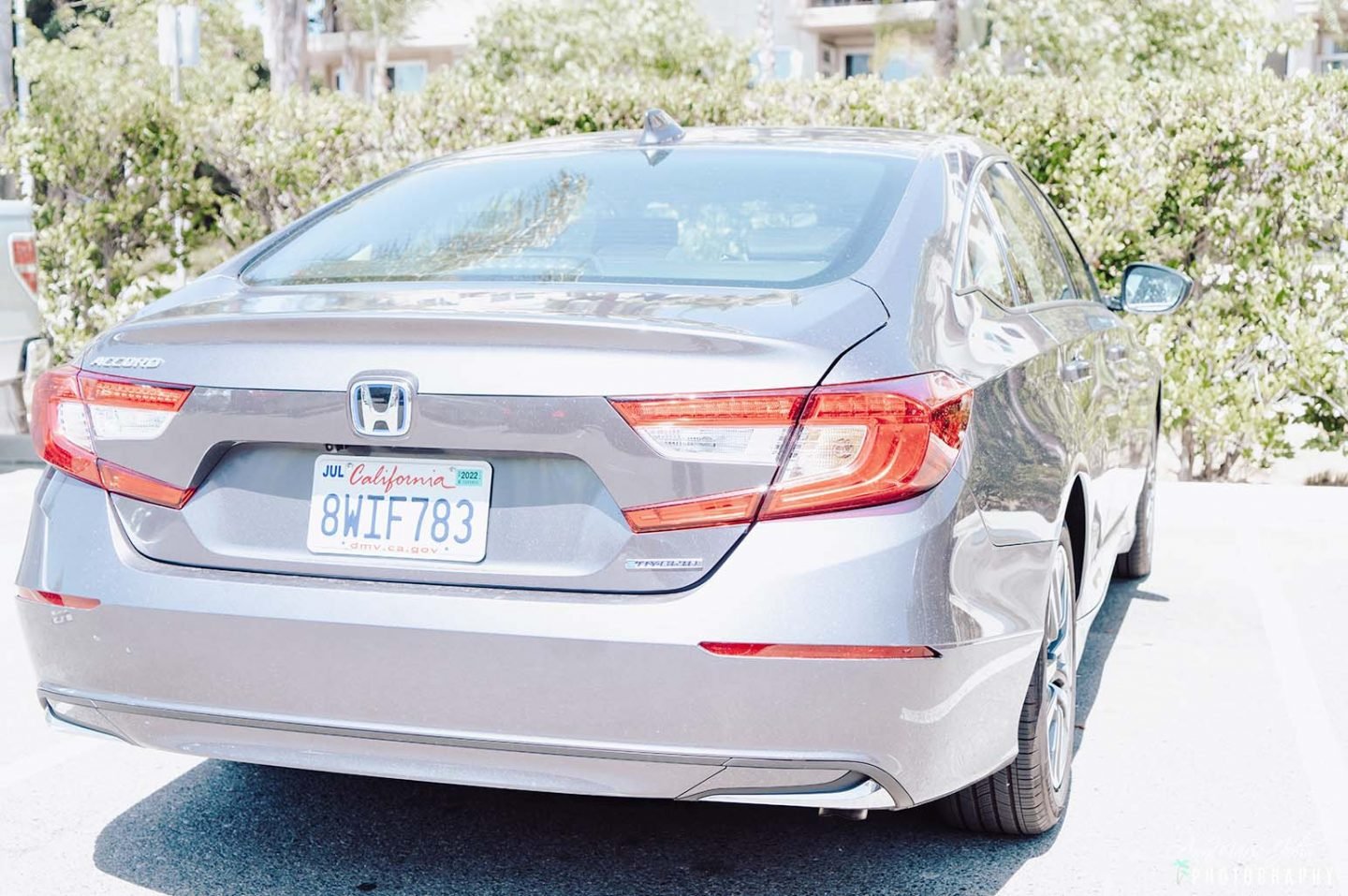Are you thinking about purchasing a used car? If so, make sure that you read this post until the end. It contains important information, advice, and tips for anyone who isn’t buying a fresh car, new off the forecourt.

Always Take It For A Test Drive
Whenever you buy a used car, you never quite know what issues might be lurking under the hood. All might seem fine and dandy on the surface, but when you take it for a spin, that’s when the problems start crawling out of the woodwork.
According to statistics, around 15 percent of used car buyers don’t take the vehicles for a drive first. That means that they are potentially throwing money down the drain.
Get Cover
As Cars Protection Plus points out, warranties and coverage aren’t the sole preserve of new vehicles. They’re something that you can get on older cars too.
The idea is simple. You pay a monthly premium, a bit like insurance, and then a third-party company will cover you for repairs and so on. It’s a bit like a regular manufacturer warranty except, the manufacturer isn’t providing it – it’s someone else.
Get The Car Checked By A Mechanic
You don’t want to buy a used vehicle, only to find out a hundred miles later that it’s a lemon. That’s no fun. Instead, you need assurances that the vehicle is going to serve you well long-term.
To this end, make sure that you get the car checked over by a mechanic who knows what they’re doing. They can often tell something’s wrong just by stepping into a vehicle and putting their foot on the gas. Often, their advice is helpful for reducing the price of the car or getting another vehicle that’s more suitable.
Avoid Buying Based On Looks
While some second-hand vehicles can look great, that doesn’t necessarily mean that they are in good condition. Polishing the bodywork and valeting is cheap: replacing the clutch and servicing the engine isn’t.
Think About Depreciation
Yes, depreciation matters, even on used cars. Remember, you might still be forking out $20,000 for a good used vehicle. That’s a lot of money.
Always consider resale prices. Look at trends for how much your make and model sells for on the open market when it’s five, six, seven, or even ten years old. Figure out how much you’re likely to get for it if you look after it and then sell it in the future.
Work Out The Total Cost
Many used car buyers look at the monthly payments alone and then try to figure out whether they can afford them. Naturally, this isn’t the best strategy. That’s because low payments usually imply high-interest charges over the long term.
If you really want something cheap, you’re better off with a lease. You can get these on new and used cars.
Line Up Your Financing First
Lastly, if you want to purchase a used car, line up your financing first. This way, you can get the best deal. You won’t just have to accept whatever rates the dealership offers.
